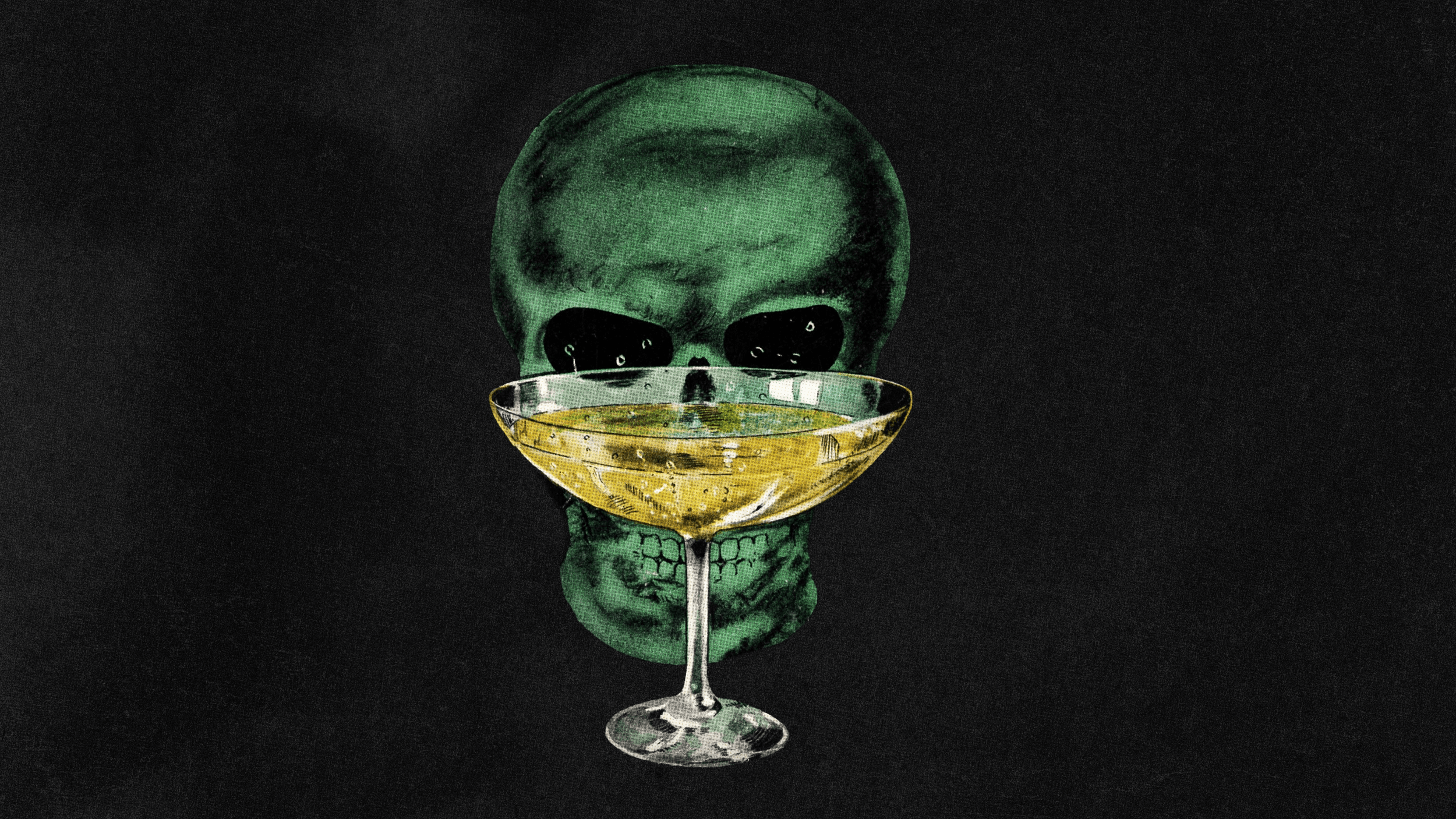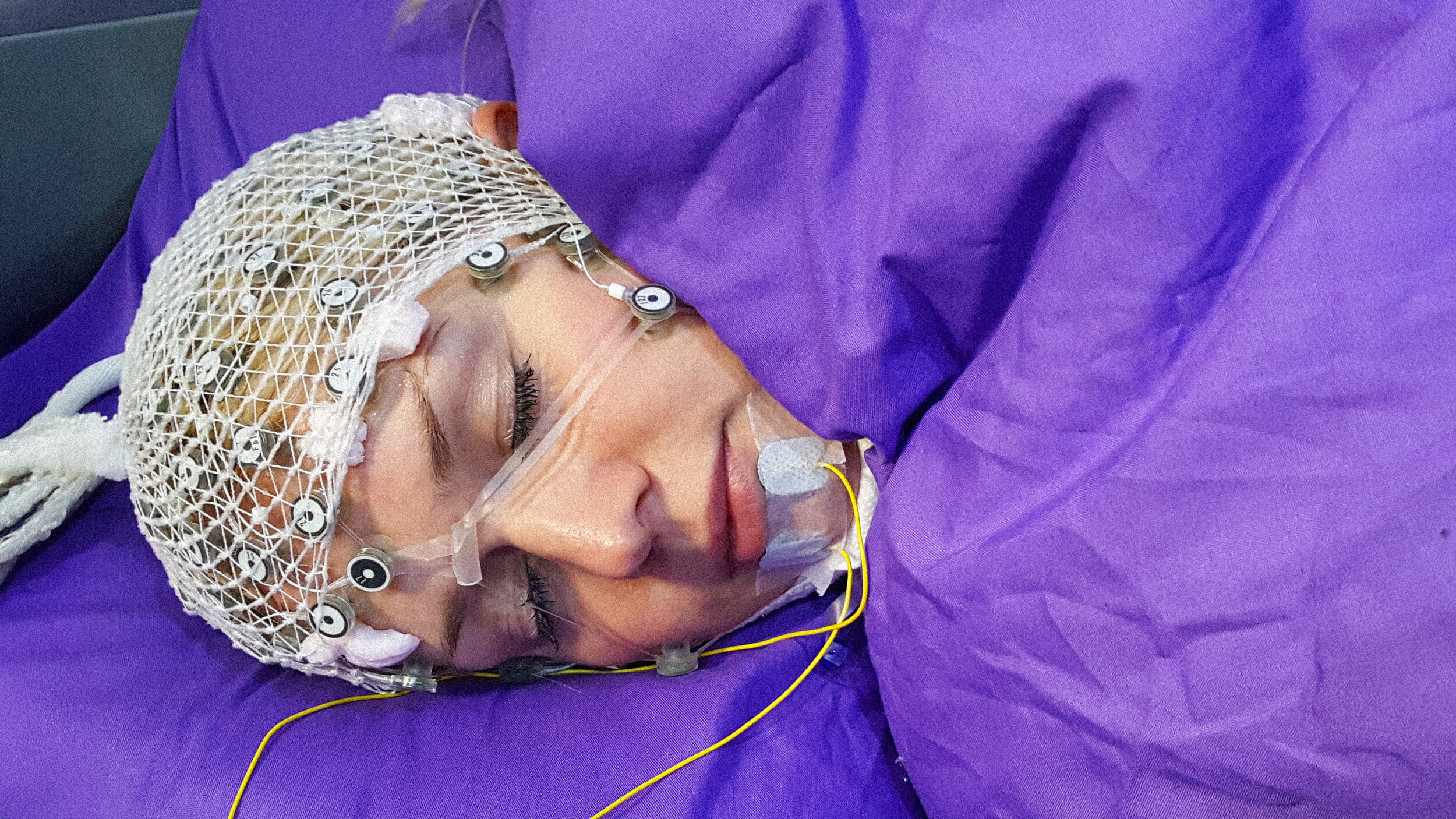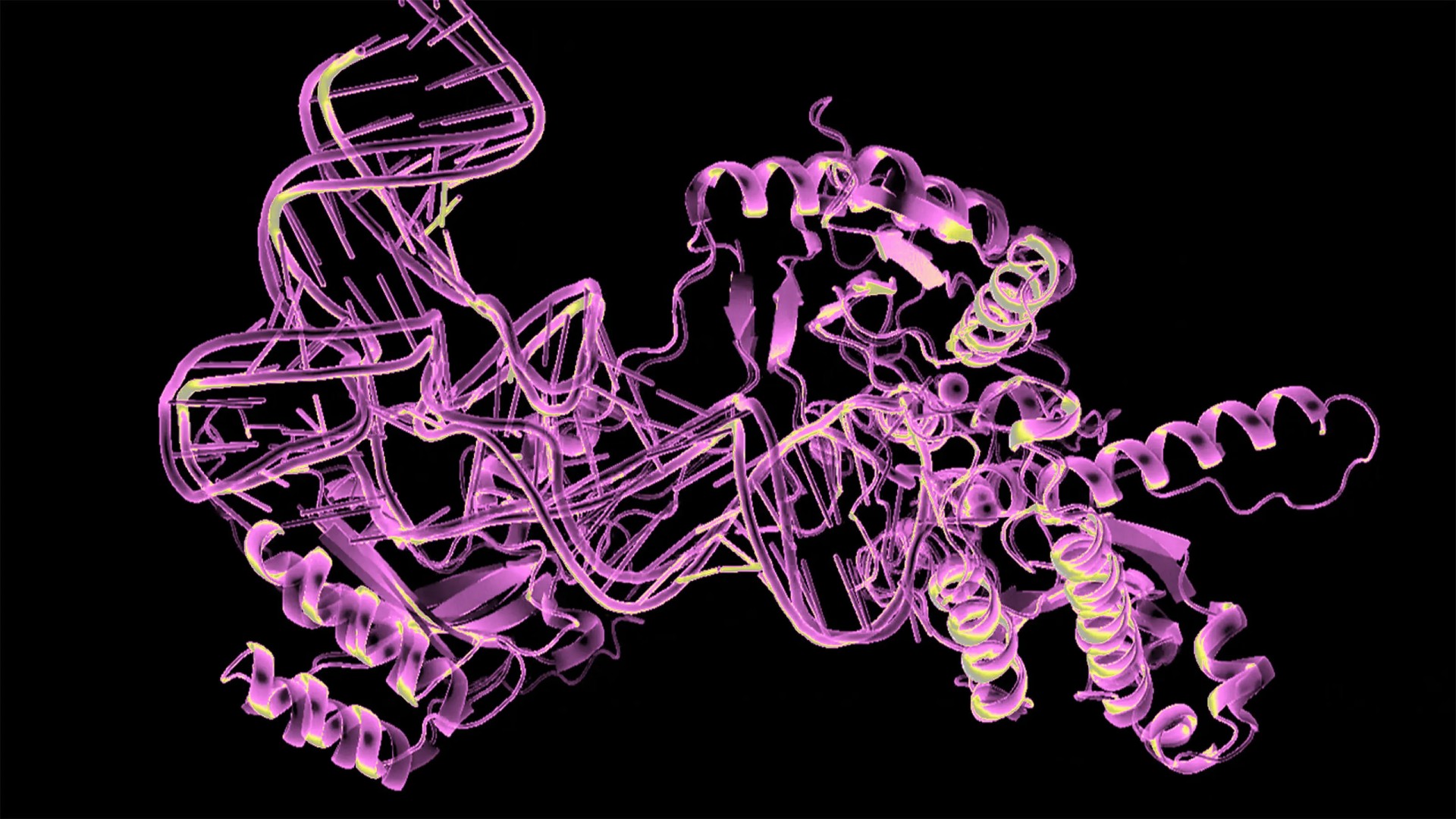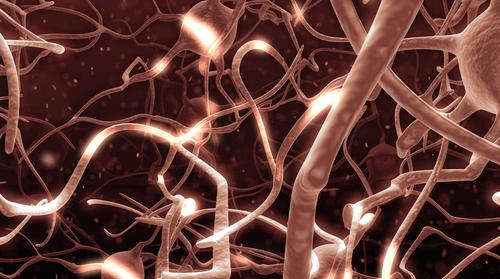You Know the Placebo Effect. Now There’s the Nocebo Effect.
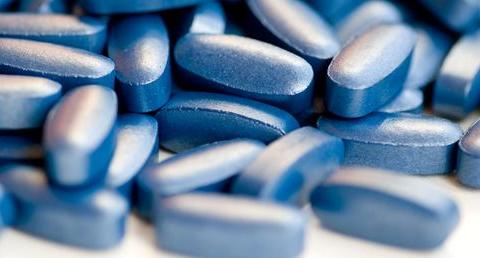
What’s the Latest Development?
Similar to the placebo effect, in which a fake medication can give patients the benefits of having taken the real drug, the nocebo effect is the little-studied fact that patients taking a fake drug can also experience real negative side effects. “In one remarkable case, a participant in an antidepressant drug trial was given placebo tablets—and then swallowed 26 of them in a suicide attempt. Even though the tablets were harmless, the participant’s blood pressure dropped perilously low.” Other data comes from drug trials where patients stop taking their placebo pills because they experience adverse side effects.
What’s the Big Idea?
The nocebo effect extends beyond fake medication to drugs that doctors prescribe patients for genuine medical problems. How doctors warn patients of side effects partially determines how those effects will be experienced. “The nocebo effect presents doctors and nurses with an ethical dilemma: on one hand, they are required to tell patients about the potential complications of a treatment; on the other hand, they want to minimize the likelihood of side effects. But if merely telling patients about side effects increases their likelihood, what is to be done?” Psychologists recommend doctors receive better training in how to communicate with patients.
Photo credit: Shutterstock.com
